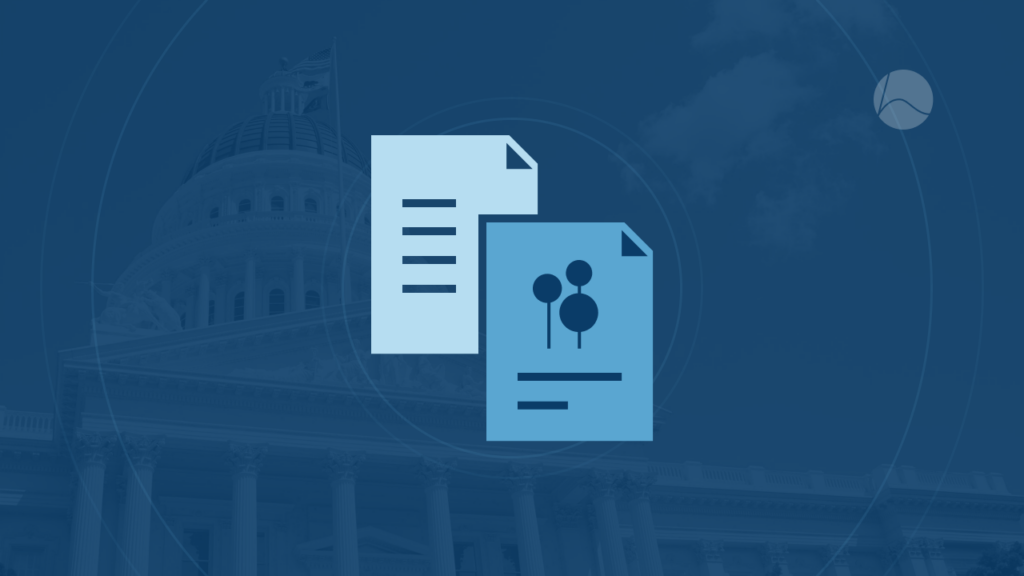
With potentially significant impacts on emissions and net zero claims transparency.
What’s New?
The California Assembly greenlighted two pivotal climate disclosure bills in September: SB 253, the “Climate Corporate Data Accountability Act,” and SB 261, “Greenhouse gases: climate-related financial risk.”
What Do These Bills Require?
SB 253 obliges companies with revenues exceeding $1 billion and operating in California to disclose their emissions from all scopes annually. This includes:
- Direct emissions (Scope 1);
- Emissions from electricity purchase and use (Scope 2);
- Indirect emissions related to supply chains, business travel, employee commuting, procurement, waste, and water usage (Scope 3).
On the other hand, SB 261 requires certain entities doing business in California to prepare and submit climate-related financial risk reports that cover climate-related financial risks consistent with recommendations from the Task Force on Climate-Related Financial Disclosure (TCFD) framework.
A noteworthy change in SB 253 moved the first disclosure date from 2024 to 2026 and shifted the reporting frequency from yearly to biennially.
Are There Other Relevant Bills?
While SB 253 and SB 261 have been the focus of many, California Assembly Bill 1305 concerning the voluntary carbon offset market has received less attention. Companies claiming net zero emissions with voluntary carbon offsets (VCO) must annually disclose detailed information about the offsets they’ve used from January 2024. Failure to comply means they could face a daily civil penalty of up to $500,000.
Who Is Impacted?
Capital owners, asset managers, and companies operating in California need to be in the know. Enhanced transparency regarding environmental impacts can alter investment decisions, molding risk evaluations and potential returns. Clear insights into a company’s environmental footprint and related risks could steer capital toward businesses with fewer regulatory and environmental risks.
Harmony brings a unique approach to quantifying emissions and tracking progress towards net zero targets. Harmony ensures a standardized reporting process by consistently evaluating over 11,000 companies on the same parameters. More importantly, the platform enables users to benchmark a company’s profile against its peers, allowing them to identify risks and opportunities for development. If you’re navigating the complexities of the new disclosure requirements or interested in understanding these insights further, connect with the Harmony team.
